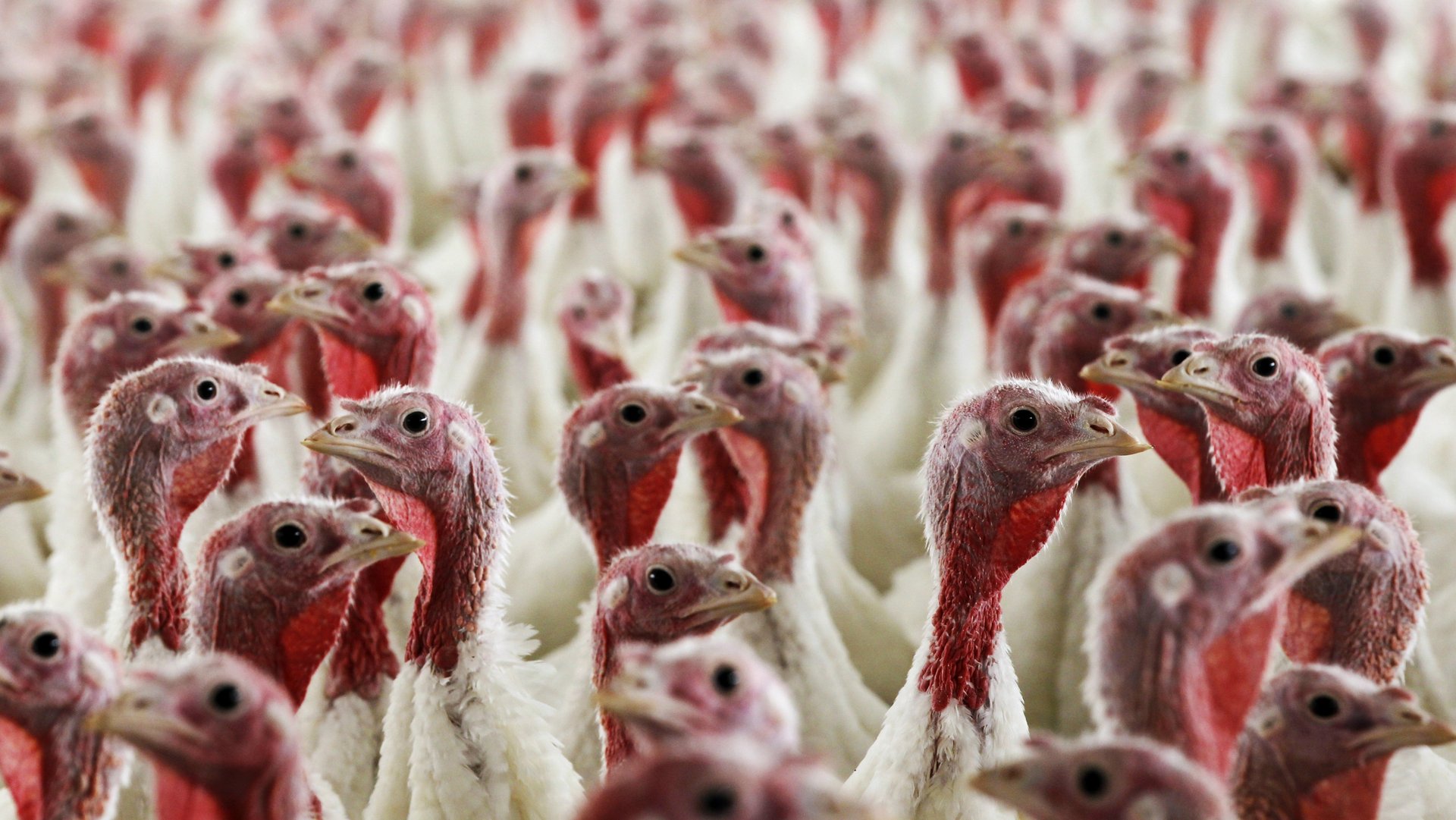Eli Lilly still likes its bet on animal health
Pharmaceutical giant Eli Lilly’s still expects good things from its animal drug business.


Pharmaceutical giant Eli Lilly’s still expects good things from its animal drug business.
The US drug giant today (Jan. 5) offered somewhat disappointing guidance for profits and revenue at its overall business. But as part of that announcement, the company did note that it expects revenue at its animal health products business to grow over the course of 2016.
Eli Lilly doubled down on animal health in late 2014, buying Novartis’ animal health unit for roughly $5.4 billion. That deal was premised on increasing meat consumption among middle-class consumers in emerging markets, a trend which should boost demand drugs such as the Eli Lilly products that keep livestock productive and healthy.
But it’s notable that Eli Lilly is expecting sales growth for its animal health unit even as drug companies and farming operations face more global scrutiny centering on how drugs such as antibiotics are used in farming.
(Eli Lilly’s Elanco unit is a major producer of animal antibiotics. For its part the company announced an “antibiotic stewardship plan” and a renewed research effort in June 2015. It also agreed to phase out the usage of “medically important” antibiotics in food production over time.)
For years, farmers used antibiotics to make animals grow more quickly. And researchers say widespread antibiotic usage in livestock has contributed to resistance to antibiotics among humans. (Recent data from the US Food and Drug Administration show more human diseases aren’t responding to certain antibiotics.)
The threat of drug-resistant bacteria has also sparked concern globally in the last several years, leading the White House to develop a strategy (pdf) for combatting the problem. Meanwhile, the World Health Organization in April 2015 called for urgent and coordinated action among governments to fight resistance, which is also linked to antibiotic usage in livestock.
Several global food companies have also announced new policies that health advocates hope will reshape how their suppliers use medically-important drugs. McDonald’s, Chick-fil-A, Perdue and Subway have all made moves to go antibiotic free.